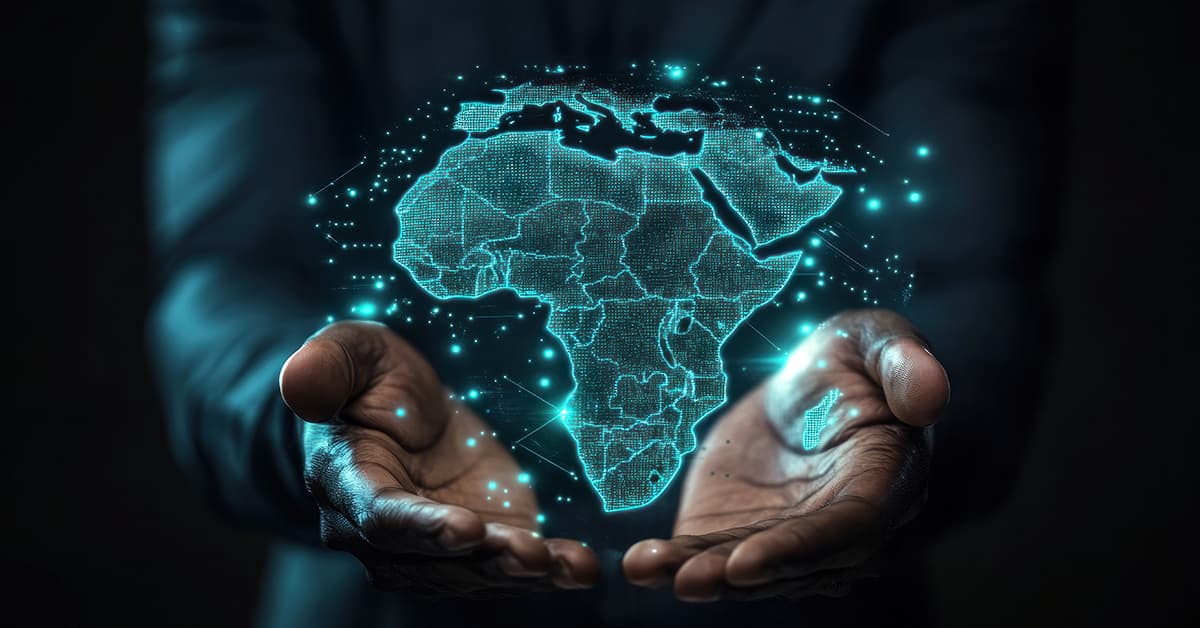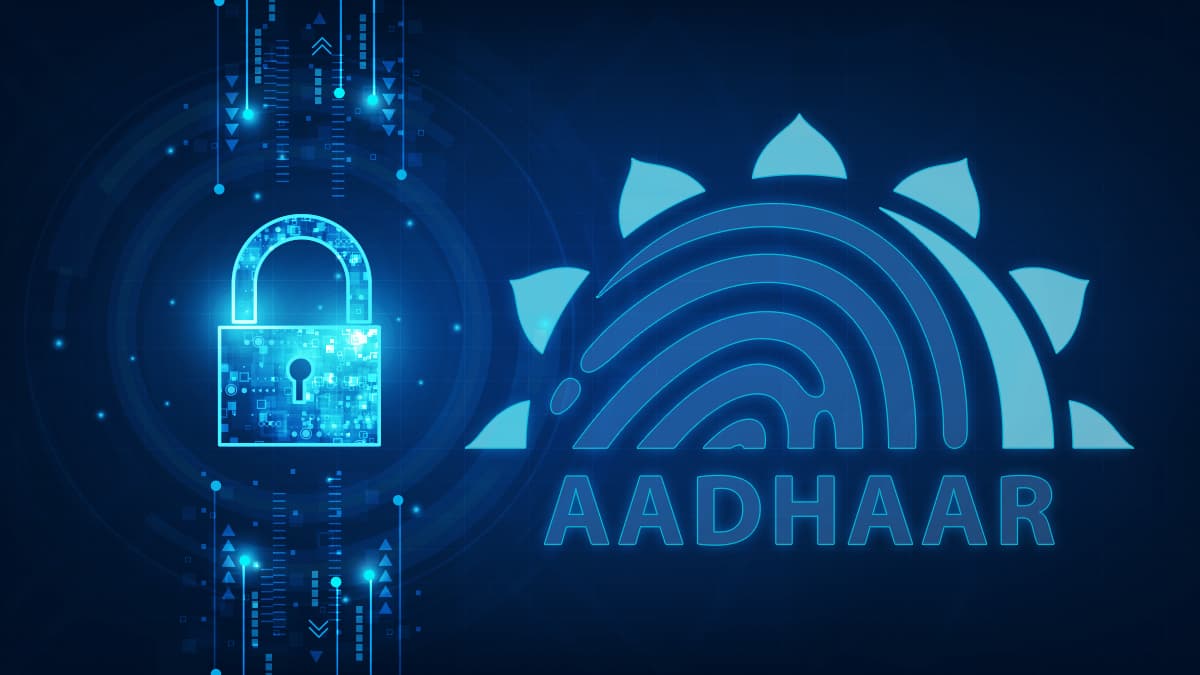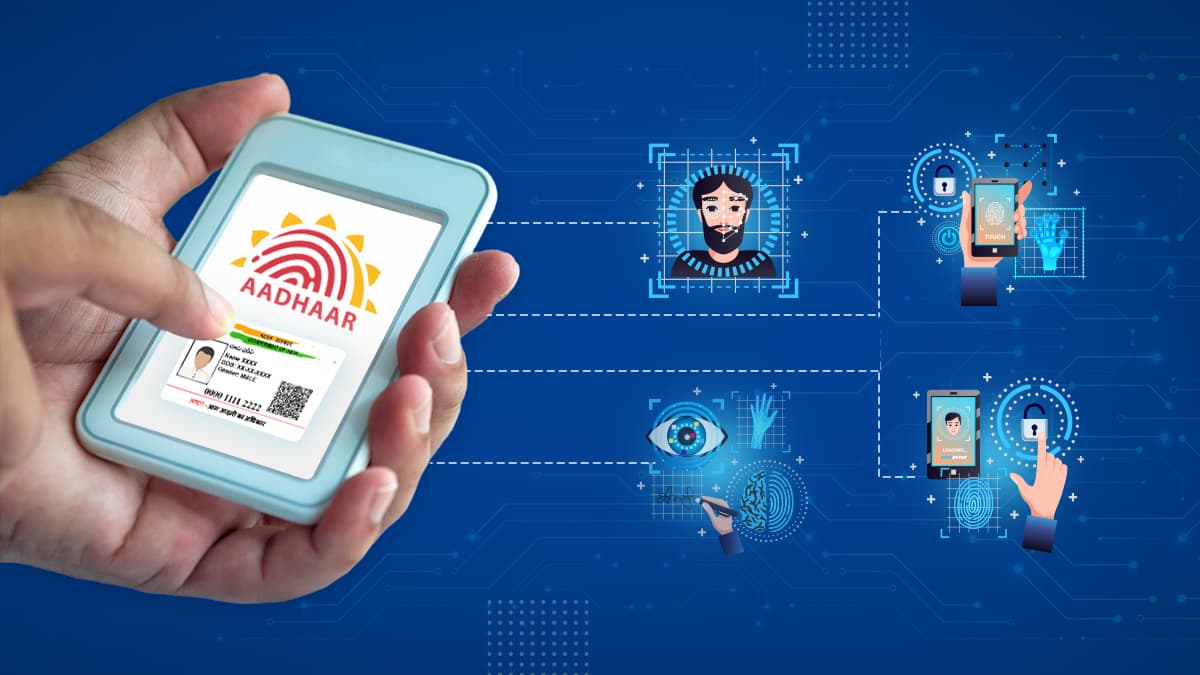Across the world, development funding is undergoing a profound transformation as governments, donors, foundations, and civil society embrace digital tools to manage grants more efficiently. Traditional grant processes, once dominated by manual paperwork, slow evaluations, and fragmented reporting, are rapidly being replaced by integrated digital grant management systems (GMS). These platforms enable real-time monitoring, automated compliance checks, digital disbursement tracking, and evidence-based decision-making.
Globally, organizations such as USAID, the European Commission, the Global Fund, and the World Bank have adopted sophisticated grant management platforms to manage billions of dollars in development financing. According to the OECD, over $200 billion in development assistance flows annually, and more than 70% of large agencies now rely on digital grant systems to enhance transparency and impact monitoring. These solutions not only streamline workflows but also strengthen accountability, ensuring funds reach intended beneficiaries and deliver measurable outcomes.
The shift is clear: as development needs grow increasingly complex, digital grant management has become an essential pillar in improving aid effectiveness worldwide.
 (1).jpg)
Global vs. African Context: A Digital Divide in Grant Governance
While digital grant systems are widely used in Europe, North America, and parts of Asia, many African countries still rely on manual, paper-based, or spreadsheet-driven processes to manage donor funds. This gap affects the speed, accuracy, and transparency of fund disbursements across the continent. Africa receives more than $60 billion in development aid annually, yet a significant portion flows through systems characterized by fragmented reporting, limited visibility, and weak data validation.
In contrast, global agencies use centralized platforms that track every stage of the grant cycle, from application and evaluation to audits and closure, with built-in analytics and risk flags. Many African governments, NGOs, and development agencies still operate in silos, where data sharing is limited and project performance is tracked manually.
However, this gap also presents an enormous opportunity: African nations can leapfrog to modern digital grant systems, just as they did with mobile banking and digital identity infrastructure. Countries like Kenya, Rwanda, Ghana, and South Africa are already moving towards digital grant platforms, but adoption remains uneven across the continent.
Challenges Facing Grant Management in Africa
Digital transformation in grant management is essential, but Africa continues to face several systemic challenges:
- Manual and Fragmented Processes: Many ministries, donors, and civil society organizations still use physical documents and disconnected spreadsheets. This leads to delays, data loss, and inconsistencies during reviews and audits.
- Limited Visibility of Fund Flows: Lack of real-time dashboards makes it difficult to track how funds move from donors to implementers and beneficiaries, increasing the risk of leakages and misuse.
- Weak Monitoring & Evaluation (M&E) Systems: Without automated tools, impact tracking becomes subjective and often delayed, affecting the credibility of development programs.
- Compliance & Reporting Challenges: Donors typically require stringent reporting, financial reports, narrative updates, evidence uploads. Manual systems struggle to meet these requirements accurately and on time.
- Duplication and Poor Coordination: Different donors and agencies often fund similar programs without a unified platform to track overlaps, resulting in duplication of efforts and inefficient allocation of resources.
These challenges highlight the need for Africa to adopt digital grant systems that bring structure, visibility, and accountability to development financing.
 (1).jpg)
Why Africa Needs Digital Grant Management Systems?
Africa’s development landscape demands a modern digital grant management system because it significantly enhances transparency, efficiency, and accountability across the entire funding ecosystem. Real-time data allows governments and donors to track fund utilization and reduce fraud, while automated workflows cut approval delays and reduce administrative burdens. Digital systems also strengthen impact tracking by offering analytics and dashboards that measure KPIs and outcomes accurately. By improving compliance and reporting, these platforms build greater confidence among donors and development partners.
Furthermore, accessible online portals open up funding opportunities to NGOs, SMEs, and community groups, encouraging more inclusive participation in development programs. Most importantly, structured, centralized data equips policymakers with the insights needed for smarter, evidence-based decision-making. For a continent heavily reliant on donor funding, digital grant management systems are not just a technological upgrade; they are essential tools for delivering measurable development impact at scale.
CSM’s Expertise
CSM Technologies has established itself as a leading GovTech transformation partner across Africa, delivering end-to-end digital ecosystems for government, donors, NGOs, and development agencies. With a deep understanding of Africa’s governance challenges and digital infrastructure realities, CSM has implemented a platform that streamlines funding flows, automates reporting, and strengthens accountability in Rwanda.
The Research and Innovation Grant Management System has automated the whole process of grant management and research permit. This has not only created a unified database of the registered researchers specialized in different areas of research, but also created a database of other key stakeholders, like the reviewers and approval committees. This facilitates the stakeholders to perform their roles online in a secure way without any time delays. The MIS reports generated by the system and the database created give the policy makers and the managing body clear visibility of the funds sanctioned by the donor agencies and how it is being utilized, which further helps in their decision-making.
By combining technology, domain expertise, and on-ground implementation support, CSM helps African governments and donors transform grant management into a transparent, efficient, and impact-driven process.
Conclusion & Way Forward
As Africa accelerates towards digital governance, transforming grant management through technology will play a defining role in the continent’s development future. With billions flowing into health, education, climate resilience, trade, and social empowerment programs, ensuring that funds are managed transparently and used effectively is more critical than ever.
Digital Grant Management Systems offer a pathway to achieve this—bringing together automation, real-time visibility, strong compliance, and data intelligence. With the right partnerships, capacity building, and digital strategies, African nations can leapfrog traditional challenges and create a new standard of development accountability.
With its proven expertise in building digital public infrastructure, CSM Technologies stands ready to support Africa’s transition to smarter, more transparent, and more impactful grant management ecosystems, ensuring every dollar, every program, and every intervention creates sustainable and measurable change.










































We will verify and publish your comment soon.